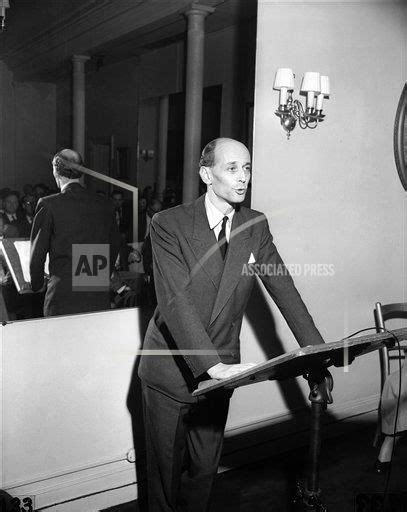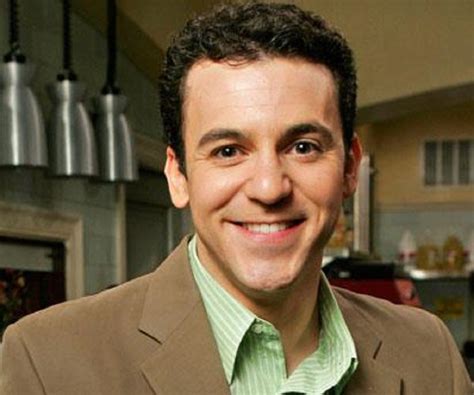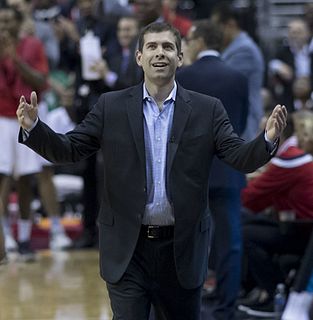A Quote by Rudolf Bing
I prefer to remember the happy things over 10 years, the things that went well. Let me see, what did go well?
Related Quotes
My movies are always being played on television, I'm very well known and all that stuff - I go all over the world, I have access to many things, many people, many places and it's wonderful. But now I'm at a point where...I thought it was time to show some of it, to show some of my feelings about things and what I preferred at the time. I prefer them still but not to the extent I did at the time.
I will carry on acting as long as I have breath and as long as I have energy and as long as I can remember my lines. Those are the basic things you need to be an actor. I'll never retire unless something happens to me and I can't do it well. If I can't do it well I don't want to see the public to see me wasting away in front of them.
Happy is one of the many things I'm likely to be over the course of a day and certainly over the course of a lifetime. But I think if you have the expectation that you're going to be happy throughout your life--more to the point, if you have a need to be comfortable all the time--well, among other things, you have the makings of a classic drug addict or alcoholic.
When things aren't going well, I complain a lot and get depressed. I whine and I eat and I go to sleep. I do all kinds of things. And if I'm smart, I'll go and clean out a drawer or a closet or go and pay my bills. I do get myself into situations where I'm not happy with what's going on. But you just have to wait it out and have faith that that dry well will fill up again.
So here I am, my affections torn between a postal service that never feeds me but can tackle a challenge and one that gives me free tape and prompt service but won't help me out when I can't remember a street name. The lesson to draw from this, of course, is that when you move from one country to another you have to accept that there are some things that are better and some things worse, and there is nothing you can do about it. That may not be the profoundest of insights to take away from a morning's outing, but I did get a free doughnut as well, so on balance I guess I'm happy.
One of the funny things about the racism of the system, when I started 30 years ago, I'm in an area called Koreatown and most of the kids were Asian. And when the kids did well, people said, "Well, of course, they did well. They're Asians." But when we had this huge influx of Latino children from Central America, they said, "Oh, you're gonna have problems now."
I try to anticipate the ball well. That's something that's helped me since when I was a kid. Just learning to anticipate and read the game well. That's helped me. When I moved over to Spain and I was 15 I was playing with big guys who were 22 years to 28 years old and I was 15 so I couldn't beat them with power. I had to beat them with touch shots and variety and anticipation and all of those things. I learned a lot when I was over there.




































